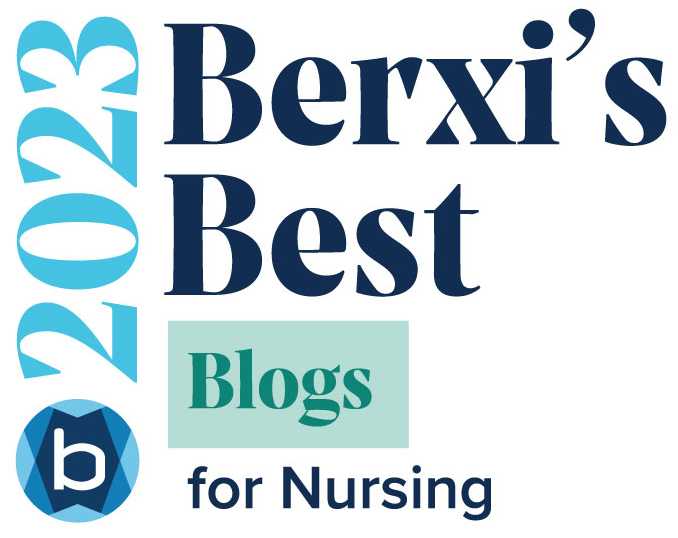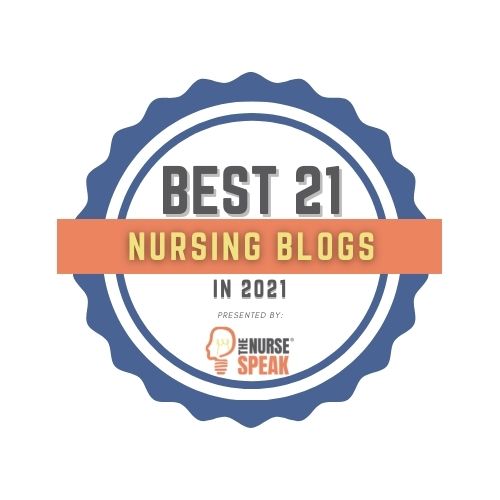
This article was originally published on Kaplan Test Prep’s Calling All Nurses
In today’s global healthcare system, nurses provide care for people from all different backgrounds and cultures. It is very important that nurses take the time to get to know their patients’ cultural and religious considerations so that they may quickly build a strong rapport and therapeutic relationship with their patients and their family members.
In part one of this series, we identified three strategies that nurses can best serve patients from different cultural backgrounds. Now we will discuss three more ways nurses can develop competence in nursing in order to provide the best quality of care:
Gain knowledge of different cultures and cultural norms
When nurses understand diverse cultural practices and norms that influence individual and group differences, it can prevent over-generalization and stereotyping. Knowledge of attitudes, beliefs and traditions is important in order for nurses to provide evidence-based, culturally competent nursing care.
For example, if nurses are not aware that many Hispanics use traditional healers such as curandros, masjistas, sobodoes, y(j)erberos, and esperititas, they may not know how to ask specific and appropriate questions about the individual’s use of these alternative practitioners and their therapies to guide treatment.
Use medically trained interpreters if needed
It is very important that if a patient or their family members speak a language different from that of the nurse, a medically trained interpreter should be used to communicate with the patient and the family so that there is no confusion or misinformation provided.
Appropriate interpretative services include face-to-face, telephone, or computer communications. There must be a professional and medically trained interpreter to translate, which does not include family and friends. Making sure that essential information is being provided in one’s native language is the best way to ensure that you are delivering culturally competent care.
Diversify nursing staff and supportive personnel
A diverse nursing staff can greatly improve the delivery of culturally competent care. It has been shown that a diverse nursing staff are more reflective of the patients and the community, and often come with a gift of bilingualism, which can help significantly with communicating with patients and their families.
According to the National Advisory Council on Nurse Education and Practice (2000), a diverse staff is essential to meeting the health care needs of the nation and reducing the health disparities that exist among minority populations.
Best Wishes!
-Damion












